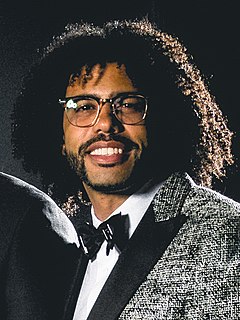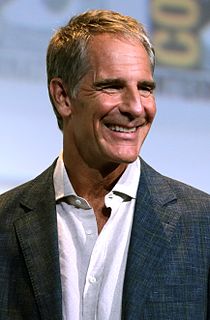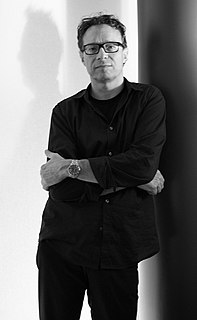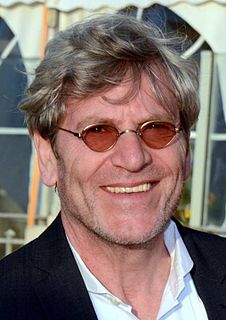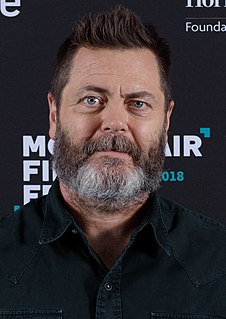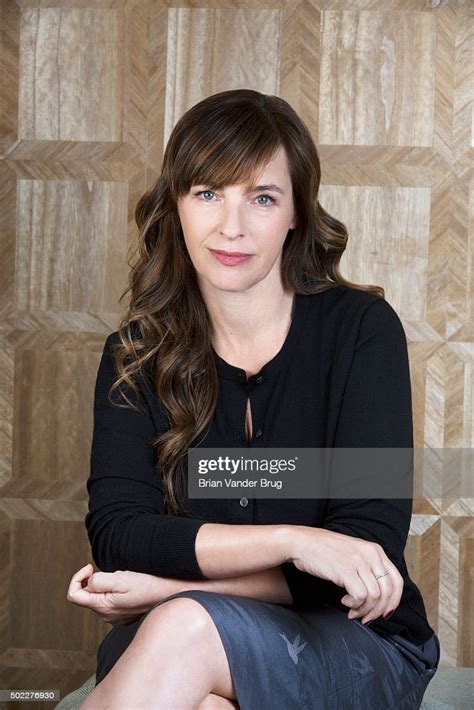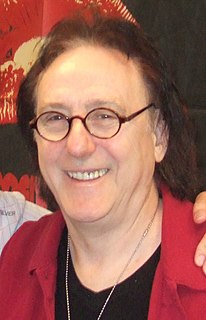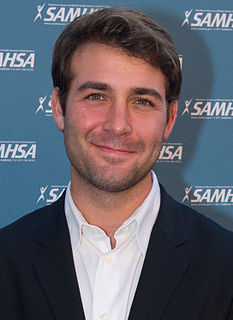A Quote by Daveed Diggs
Recording vocals has the same kind of physical demands as you experience a lot in theater work.
Related Quotes
I think in theater it demands that you say the same words every night and make it feel fresh and new. Improv demands that you be operating at the highest level of your creativity intelligence. So these two skills are both very important but I've seen people who are very skilled at one area struggle with the other. Either improvisers feel constrained by having to say the same thing over and over again or people who are really good at doing scripted work feel intimidated and exposed doing improvisation.
I was raised around a lot of artists, musicians, photographers, painters and people that were in theater. Just having the art-communal hippie experience as a child, there wasn't a clear line that was drawn. We celebrated creative experience and creative expression. We didn't try and curtail it and stunt any of that kind of growth.
I have to work hard and wear pants. I've worked really hard these last years, and since everything is coming together at the same time, I had to move the play back. I'm kind of in love with my theater agent. I'm a true naïve about the theater, a total innocent. He says to me, have you ever been to a rehearsal room? Do you realize you are opening at the Public in New York? You do understand that the audience will be New York theater people?
